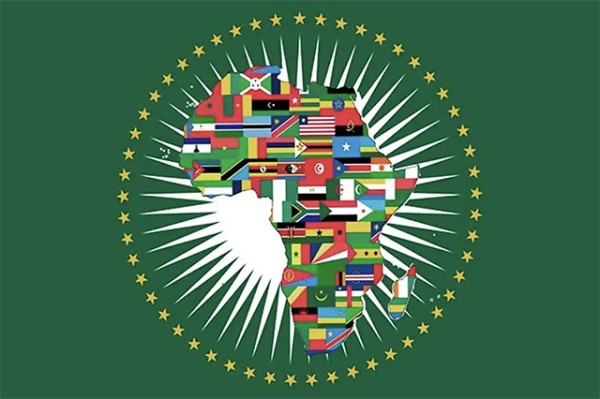By Michelle Gavin
As is typical in the U.S. election cycle, U.S. Africa policy does not figure prominently—or at all—in most discussions of the candidates’ foreign policy platforms. That’s a shame, because Africa is changing rapidly, with old relationships and regimes under new stress.
Metastasizing instability in the Sahel, tension and the threat of state collapse in the Horn, and continued fragility in Central Africa are bringing insecurity to more societies, and opportunity to external actors promising to tamp down threats in exchange for resources and influence. Afropessimism is lazy and reductive, as some changes do bring new opportunities to unleash the continent’s potential, but there is no escaping the reality that the region confronts massive challenges. At the same time, the United States is struggling with an inability to protect its own interests and build lasting partnerships in the midst of so much turmoil at home and abroad.
Already, the U.S. election cycle is providing fuel for forces wishing to undermine the very idea of democratic governance in Africa, as complaints of rigging and political violence undermine faith in the integrity of the world’s oldest democracy. In a continent that has seen a rash of military takeovers and where polls show popular dismay with how democracy is working, struggles in the United States only exacerbate existing doubts.
As for the electoral outcome, another Donald Trump administration would presumably operate much like its first iteration, meaning that Africa policy will be largely an afterthought and the climate-related issues so important to the continent will be ignored by the United States. Other major and middle powers, like China, Russia, and the Gulf states that understand the region to be an important part of their broader strategic interests will likely benefit.
A Kamala Harris administration is less predictable, although it could look a great deal like a continuation of the Joe Biden administration’s approach to the region, which featured some commendable efforts including the Lobito corridor investments. But, too often, the United States in Africa has been inflexible, ponderous, unresponsive, or just plain absent.
What U.S. foreign policy in Africa needs is not so much a swapping out of personnel as a bigger change in mindset, moving African issues out of the periphery of strategic thinking and waking up to the reality that other major and middle powers have been far more ambitious in their engagements in Africa for years now, sometimes to the detriment of U.S. interests. Critical supply chains and the next-generation international institutions and norms will be determined in large part by African decisions.
Seriously reckoning with the most urgent interests of Africans and finding common ground with the interests of the United States needs to happen not just among Africa specialists, but anyone serious about U.S. foreign policy. To succeed, any administration will have to drag the foreign policy establishment out of its anachronistic ideas about Africa’s relevance.
Gavin is the Ralph Bunche Senior Fellow for Africa Policy Studies, Council on Foreign Relations (United States)
This article was originally published in the Council of Councils

